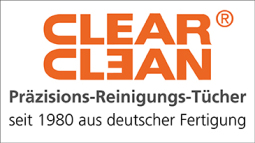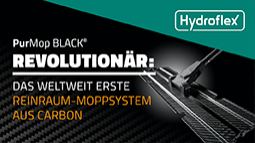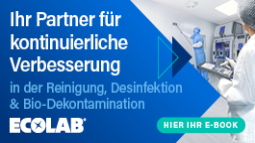Precision control with astounding speed
Electromotive process control valves
The advantages of electromotive actuators are receiving more attention in process automation. As simple, smart systems they offer diverse opportunities for process optimisation. With the Type 3360/3361 electromotive seat valves Bürkert offers a complete process control valve that sets new standards with respect to performance, reliability and cost-effectiveness. Potential uses for the new valves include applications with stringent requirements for control accuracy and process stability, as well as applications in which operation without a compressed air system is advantageous.
The special feature of the new Bürkert product family is its performance, which is comparable to that of pneumatic actuators. With a control speed of 6 mm/s and a closing time of less than four seconds Bürkert has improved the previous weak point of many electromotive process control valves, which have control speeds of only 0.1 … 3 mm/s. The Type 3360/3361 valves allow adjustment of the control speed to the requirements of the customer’s specific application, in addition to definition of the stroke and closing limits and soft approach of end positions. Another positive feature of the electromotive valves compared to pneumatic, spring-balanced actuators is that they travel to the desired position virtually without delay and without overshooting and remain stable regardless of the media pressure. In case of a power outage the safety position can be approached via the optional SAFEPOS energy storage pack. In addition, the possibility of emergency manual movement also exists. In view of the trend toward “Industry 4.0” the Bürkert Type 3360/3361 valves fulfil the increasing customer requirements with respect to the diagnosis of process and valve data as well as the capability of optimal integration in a central company network.
Application focuses and customer benefits
Bürkert’s development of the electromotive process control valves is intended for applications in which the use of compressed air is not desired or not possible. Examples of such applications include large-area storage systems with long distances to the single valves, as well as systems for mobile, decentralised water treatment. Another customer benefit is to be found in applications with stringent requirements for control accuracy and speed, together with minimal dead time, such as in engine test rigs. The electromotive process control valves are ideal for the precise control of the media temperature by means of heat exchangers in modern food and beverage systems. In such applications, the customer benefits in particular from the actuator surface, which is designed based on hygienic criteria in accordance with the EHEDG Guideline. Harsh environments are no problem for the robust body with protection type IP65 / IP67, which also features an easy-to-clean and closed design.
With respect to cost-effectiveness users benefit from low energy costs and savings throughout the entire system. Lower energy costs because no expensive compressed air is needed. With respect to the overall system, use of the new process control valves can eliminate the need for a compressed air system entirely, reduce the load on such a system or allow it to be retrograded. IP control cabinets as well as pneumatic control lines in the field are likewise unnecessary.
Technical data and features
For the market launch the new Bürkert process control valves are available as an angle seat valve (Type 3360) and a globe valve (Type 3361) in diameters from DN15 to DN50. They can be used with gases, liquids and steam and are designed for media temperatures from -10 to 185 °C. The maximum operating pressure is 16 bar. The connection options are flange, sleeve, weld-on and clamp. The Kvs values extend from 0.1 to 37 m3/h. A voltage of 24 V DC is needed for the electric power supply. Following the market launch, continuous expansion of the new electromotive process control valves is planned. Future developments will be a process controller, membrane valves, a connecting diameter up to DN 100, a open/close solution and connection to other field bus systems in addition to Ethernet, Profinet and Modbus.
For uncompromising communication capabilities the motorised process control valves feature the Efficient Device Integration Platform (EDIP), developed by Bürkert to open the way for its products to Industry 4.0. The EDIP platform comprises numerous functions, compatible HMI devices and other services that facilitate the system integration of new devices. Bürkert also offers a free software program, the Communicator, which features diagnostic functions for monitoring of operating data as well as alarm messages for customised parameters.
Bürkert GmbH & Co. KG
74653 Ingelfingen
Germany









